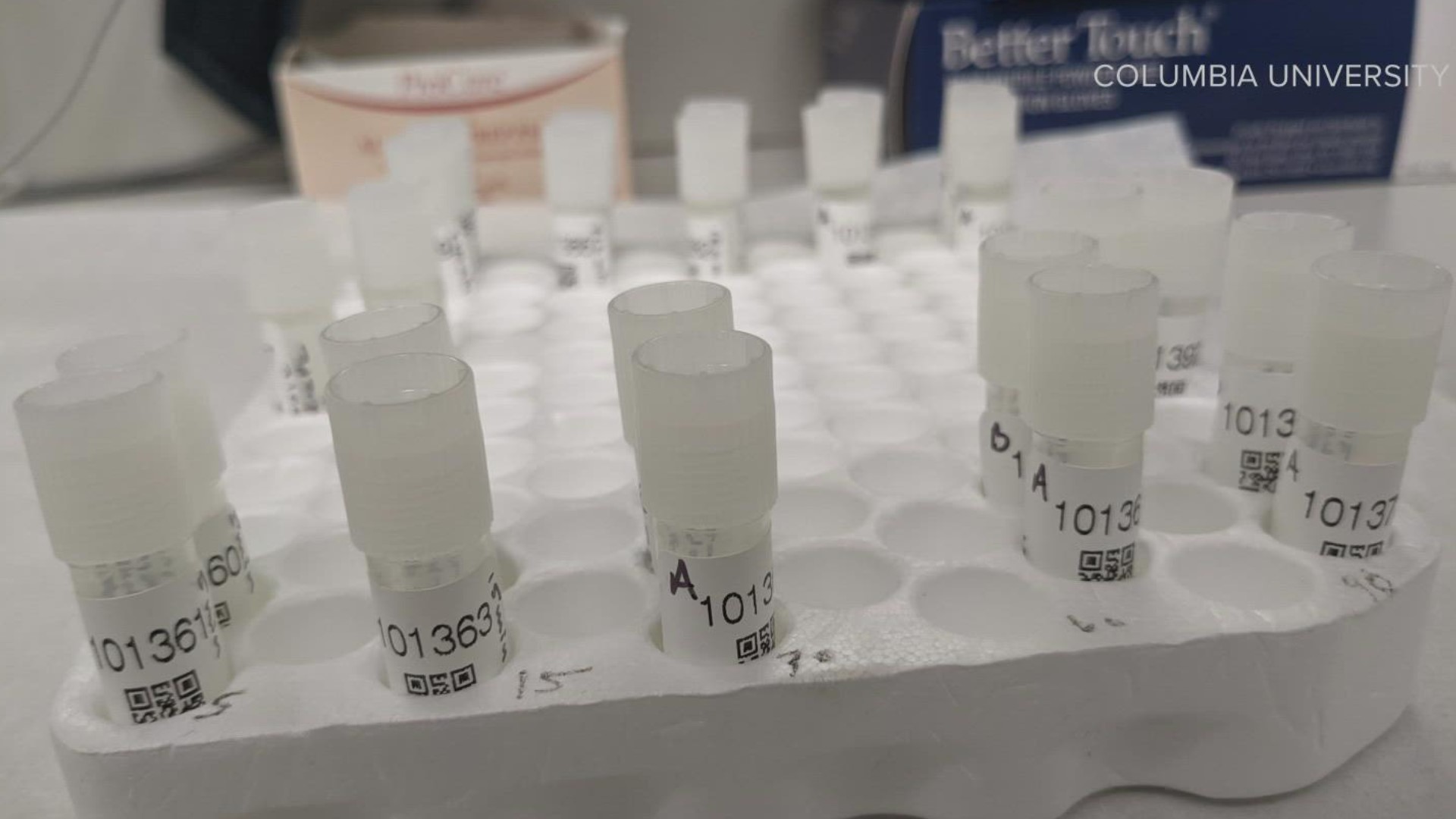SEATTLE — What if there was a vaccine that prevented addiction, just like the flu? Researchers at the University of Washington are exploring that possibility.
Addiction is seen as a disease by medical professionals everywhere. Now, promising new research aims to take that one step further.
In 2020 there were 70,000 overdose deaths in America, the vast majority of them to opioids. In Washington state, alone, there were more than 1,800 deaths. That's a 33% increase from the year before. In Seattle, nearly 10 times as much fentanyl was seized in 2021 over 2020.
"If we want to treat addiction just like any other disease then we should treat it just like any other disease," said University of Washington Psychiatry Professor Marco Pravetoni.
Pravetoni is part of a project seeking to develop a vaccine to stop addiction in its tracks.
"Patients will develop antibodies that are selective for the target drug. So, for example, we can immunize against fentanyl," said Pravetoni.
The vaccine would, effectively, block the drug from getting to the brain.
The ability to immunize against opioids, just like we do for COVID-19, would mean fewer accidental overdoses, especially with the explosion of deadly fentanyl pills masquerading as oxycontin on the streets.
"Something like a vaccine would provide an extended safety net," said Pravetoni.
John Stephens is the former CEO of the groundbreaking Didgwalic Wellness Center on the Swinomish Indian Reservation.
Since its opening in 2017 the center has more than doubled its capacity to 500 patients, which still isn't meeting the community's needs.
Many people find it hard to get to treatment, according to Stephens.
Many more simply refuse to go, so a vaccine could be a game-changer.
"A vaccine could fill a huge niche in the public health epidemic and it would be a very, very good thing for a lot of people," Stephens said. "My fingers are crossed."
UW is now partnering with New York's Columbia University for clinical trials with the hope that an opioid vaccine could be fast-tracked, just like the COVID-19 vaccine.
A vaccine is no quick fix, however.
Even if it's fast-tracked it would likely be at least 5 years before it comes to market.
Still, Pravetoni is hopeful.
"Ten years ago I never would have thought I'd be sitting on a clinical trial," Pravetoni said. "If that's possible, anything is possible."

